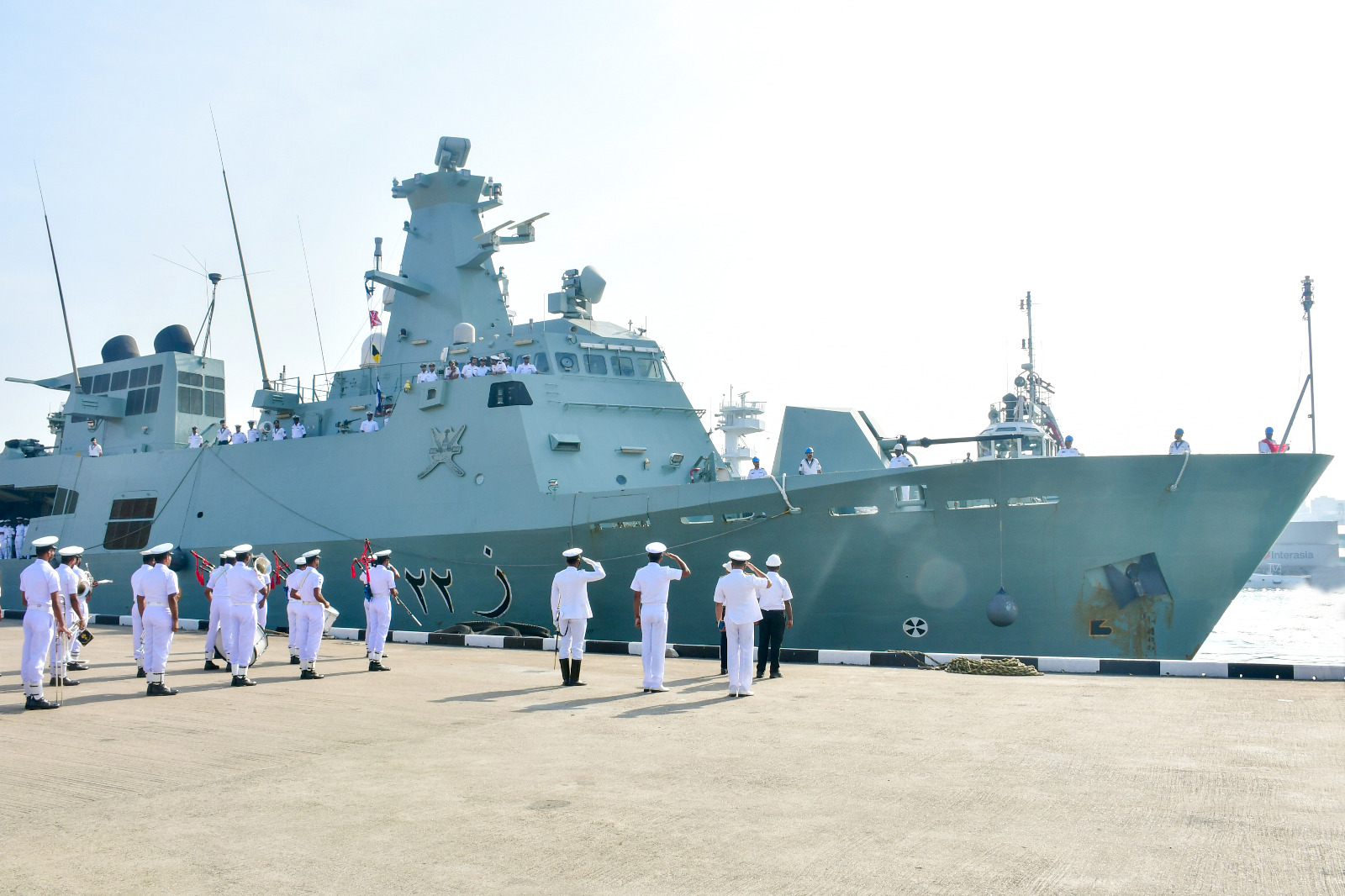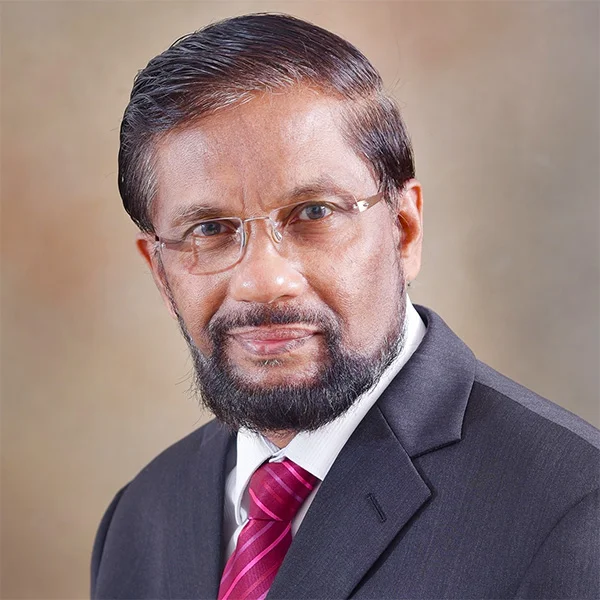News
CEB engineers ask President to allow completion of coal-fired power plant extension project

‘Before the next power shortage in the country’
By Ifham Nizam
Perturbed by reports that the government will terminate the ongoing 300MW Lakvijaya coal-fired power plant extension project, the Ceylon Electricity Board Engineers Union (CEBEU) has appealed to the President to allow the completion of this project of national importance.
“We are certain that your Excellency will provide the Ministry of Power and the CEB the necessary directions and assistance to complete the extension project within the shortest possible time”, the Union’s President Eng. Saumya Kumarawadu, says in a letter to the President.
The President earlier decided to implement the 300MW coal power extension project considering the fact that the country is facing an imminent power shortage as a result of not constructing a single large low-cost power plant since 2014, he said.
However, officials at the plant complex said they have not been officially informed so far to halt work on the plant.
The Sri Lankan government has already saved more than USD 2 billion due to the three coal-fired power plants at the Lakvijaya Power Plant Complex in Norochcholai, officials said.
The extension project is now underway with the China Machinery Engineering Corporation (CMEC) investing USD 4 million, while the Ceylon Electricity Board (CEB) has injected USD 1 million, they said.
The proposed plant, the fourth to be built at Norochcholai will translate into an annual saving of more than Rs. 27 billion to the government, former CEB, Chairman Eng. Vijitha Herath said.
Last year, Cabinet endorsed the fourth unit should given to CMEC considering the substantial revenue already saved due to the contribution from coal-fired plants under operation.
Kumarawadu said the proposed 300MW extension project will generate nearly two billion units of electricity per year. The fuel cost per unit of the existing coal plant is Rs.10 less than the next lowest thermal option available, furnace oil power plants. Hence, the average annual saving to the country by this plant will be around Rs. 20 billion.
The savings compared to costly emergency power will be in the range of Rs. 30 to 40 billion per year. The price of LNG is also rapidly increasing compared to coal and even LNG. The cost difference between coal and LNG will be around of Rs. 3 to 6 per unit and savings will be in the range of Rs. 6-12 billion or more annually. So, it is evident that this extension plant will immensely help to overcome the financial crisis both in CEB and CPC and will also provide immense relief to the Treasury as well, he pointed out.
He further said the investment for the new extension unit was comparatively low. All other power projects in the pipeline, including large-scale renewables, demand enormous investments for infrastructure development with long time span for implementation.
“This should be seriously considered by the government in a situation where the country is facing severe financial hardships due to Covid-19 pandemic,” the CEBEU President stressed.
All preliminary work related to the project such as comprehensive feasibility studies, finalizing technical requirements, comprehensive Environmental Impact Assessment (EIA) studies, commercial agreements are completed now, he said.
It is just a matter of beginning construction work at site and completing the project before the next power shortage in the country, he added.
The CEBEU also said that there is a massive propaganda campaign against coal and one of the false ideologies promoted by these forces is that many countries are moving away from coal. While agreeing that coal power development is on a declining phase in wealthy developed countries, developing countries have not stopped constructing new coal plants mainly to ease the financial burden on their national economies.
Citing examples, he said there are new coal development plans earmarked in countries like India, Bangladesh and Vietnam in the range from 22,000MW to 66,000 MW the next 10-12 years. Germany, one of the leading wealthy countries in renewable energy development, commissioned the 1100MW Datteln 4 coal power plant in May 2020. Dubai, another country with a very strong economy is constructing the 2,400MW Hassyan coal plant. The initial 600MW unit of the plant is to be commissioned in 2023, Kumarawadu explained.
Latest News
Royal Navy of Oman Vessel “SADH” arrives at Port of Colombo

The Royal Navy of Oman Vessel “SADH” arrived at the Port of Colombo on a logistics replenishment visit on Tuesday (10 Feb 26). The Sri Lanka Navy welcomed the visiting ship in
compliance with naval traditions.
The 75m – long ship is commanded by Lieutenant Commander Shaheen Saud Abdul Rahman AI Balushi.
The port call will facilitate professional interaction and goodwill exchanges between the two navies.
During the stay in Colombo, crew members of the ship are expected to visit some tourist attractions in the city of Colombo.
News
NPP: Speaker won’t step down, CIABOC can investigate him

* New Auditor General should not have been sworn in before Speaker – Opp.
* Suspended House Dy. Sec. Gen. Chaminda Kularatne takes his case to CA today
General Secretary of the National People’s Power (NPP) Dr. Nihal Abeysinghe yesterday said that there was no need for Speaker Dr. Jagath Wickramaratne to step down in view of the complaint lodged against him with the CIABOC (Commission to Investigate Allegations of Bribery or Corruption).
NPP General Secretary said so in response to The Island query whether the parliamentary group of the ruling party discussed the growing Opposition calls for the Speaker, who is also the Chairman of the Constitutional Council, to step down to facilitate the investigation.
The NPP parliamentary group consists of 159 MPs, including 18 National List (NL) members.
NL member Dr. Abeysinghe asked whether any other person, who had been investigated by the CIABOC, stepped down from his or her position to facilitate the inquiry.
The top official emphasised that the CIABOC could go ahead with its investigation without any hindrance.

Chamindra and Dr. Jagath
Opposition sources said that there hadn’t been a similar situation before and the CIABOC investigation into Speaker Dr. Wickramaratne is unprecedented as he heads the 10-member CC responsible and directly involved in all key appointments, including that of members to the CIABOC.
Sources pointed out that the newly appointed Auditor General, Ms. Samudrika Jayaratne, took the oath of secrecy before the Speaker on 5 February in Parliament after suspended Deputy General Secretary of Parliament Chaminda Kularatne complained to CIABOC.
In accordance with Section 9 of the National Audit Act, No. 19 of 2018, Jayaratne took the oath of secrecy in her capacity as the Auditor General of the National Audit Office and Chairperson of the Audit Service Commission.
Sources said that Kularatne would move the Court of Appeal today (10) against his removal at the behest of the Staff Advisory Committee, headed by the Speaker.
By Shamindra Ferdinando
News
Trinco Buddha statue case: All suspects, including 4 monks re-remanded till 11 Feb.

The Trincomalee Magistrate’s Court yesterday (09) further remanded 10 persons, including four Buddhist monks, arrested on 19 January, 2026, for allegedly placing a Buddha statue in the coastal reservation, on 16 January.
The Buddhist monks, including Ven. Balangoda Kassapa Thera, and six other individuals, were further remanded until 11 February.
They have been accused of violating the Coast Conservation Act by placing a Buddha statue on a block of land belonging to the Trincomalee Bodhiraja Temple.
Of the four monks, Ven Balangoda Kassapa Thera and Ven Trincomalee Kalyanawansa Tissa Thera moved the Court of Appeal against the Magistrate’s Court decision. The case was heard on 22 January before a Bench comprising the President of the Court of Appeal, Justice Rohantha Abeysuriya, and Justice K. Priyantha Fernando.
Manohara de Silva, PC, and President’s Counsel Uditha Igalahewa, PC, appearing for the petitioners, urged the Court to take up the matter urgently, describing it as a case of exceptional importance.
However, the Court of Appeal on 3 February dismissed the petitions against the remanding of Ven Balangoda Kassapa Thera and Ven Trincomalee Kalyanawansa Tissa Thera.
The order was issued by the Court of Appeal bench consisting of the President of the Court of Appeal, Justice Rohantha Abesuriya and Justice Priyantha Fernando.
-

 Features3 days ago
Features3 days agoMy experience in turning around the Merchant Bank of Sri Lanka (MBSL) – Episode 3
-

 Business4 days ago
Business4 days agoZone24x7 enters 2026 with strong momentum, reinforcing its role as an enterprise AI and automation partner
-

 Business3 days ago
Business3 days agoRemotely conducted Business Forum in Paris attracts reputed French companies
-

 Business3 days ago
Business3 days agoFour runs, a thousand dreams: How a small-town school bowled its way into the record books
-

 Business3 days ago
Business3 days agoComBank and Hayleys Mobility redefine sustainable mobility with flexible leasing solutions
-

 Business4 days ago
Business4 days agoHNB recognized among Top 10 Best Employers of 2025 at the EFC National Best Employer Awards
-

 Business4 days ago
Business4 days agoGREAT 2025–2030: Sri Lanka’s Green ambition meets a grid reality check
-

 Editorial6 days ago
Editorial6 days agoAll’s not well that ends well?












